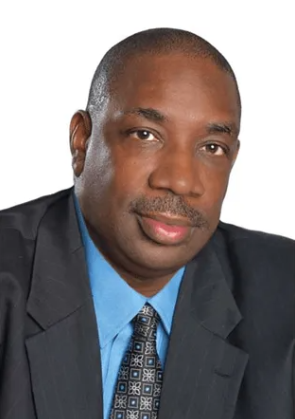Home > News > Counselor's Corner: The Power of Music, Part 1: Using Music to Reinforce Culture and Support Recovery From Substance Use Disorders
Every culture has its own music. This is also true for the culture of addiction. A 2022 study conducted by American Addiction Centers examined the link between music and drug use. The study looked at 14 different genres of music. Drugs were used at musical events most frequently by fans of electronic dance music (67%), heavy metal (63.2%), alternative (60%), hip hop (58%), and rock (55.7%). The most commonly used substances at concerts were alcohol, marijuana, MDMA, and other hallucinogens.
My colleague Benneth Lee, Illinois Counselor of the Year 2020 shared, "I noticed that most of my clients had a music that coincided with their drug use. Teenagers that I counseled who smoked lots of marijuana listened to lots of rap music. Clients using heroin migrated to jazz. The music seemed to match their mellow high. Older clients who drank alcohol navigated towards blues music. Clients using MDMA [or] Ecstasy were into heavy metal music.”
For clients seeking recovery, music can be a relapse trigger. Darryl, a former client now in long-term recovery, stated, "I used to use cocaine while listening to Prince sing 'Purple Rain.' The first few years of my recovery, I would experience cravings when that song was played on the radio." Darryl added, “I grew up during the disco era. Drugs were rampant in dance clubs back then. It took me years into my recovery to enjoy the music I grew up on without fantasizing about getting high."
Mike, also in long-term recovery, stated, "I was an emerging rapper and gave it up in order to focus on recovery. There was too much alcohol and marijuana in those clubs, making it difficult for me to maintain my recovery. I am now in long-term recovery and I help young emerging rappers launch their careers. I let them know you can do this drug-free. There are role models in recovery today like Eminem and Royce da 5'9"."
Music can also be a trigger for some adolescents seeking recovery. One teen stated, "Anger is one of my triggers. When I get angry, I listen to trap music which makes me want to get high." Trap music is a subgenre of rap music, some of which graphically glorifies drug use. Another teen stated, "I'm not going to lie. It’s hard to be at a rock concert without being high."
In the counseling services that I provided for court-mandated emerging adults with substance use disorders, clients would show up for first sessions listening to music through their cell phones. I would ask if I could listen to music with them. These brief musical moments facilitated rapport during the engagement phase of counseling.
We encourage everyone to read The Power of Music, Part 2: Using Hiphop to Increase Emotional Intelligence and Prevent Substance Use Disorders in Adolescents and Young Adults by Kisha Freed. And stay tuned for the third article in the Power of Music series–scheduled to be published in February 2023!
We also invite counselors to ask clients the following questions to assess the impact of music on their substance use disorder (SUD) and how music might help them maintain recovery.
1. What kind(s) of music did you listen to prior to your substance use disorder?
2. What kind(s) of music did you listen to during your active substance use disorder? (If the music genre changed, ask questions to understand this).
3. What music did you listen to while you were getting high?
4. Where did you listen to this music?
5. Who are your favorite musical entertainers? What do you like about them?
6. Are there types of music or entertainers you listen to that lead to cravings to get high? If yes, who?
7. Are there any types of music or entertainers you listen to who help decrease your cravings to get high?
8. What musical artists are you listening to in recovery?
9. What musical artists inspire you? Why do you find them inspirational?
10. Are there types of music you listen to that help you when you feel down, sad, or anxious?
11. What types of music or entertainers help you when you experience anger?
12. Are there any types of music or artists that you would like to distance yourself from in recovery?
13. If yes, what are the reasons you would like to create the distance?
14. Are there any music genres that you would like to explore in recovery?
American Addiction Centers Editorial Staff. Substance Use at Live Music Events. (February, 2022).
Kinney, J. Loosening The Grip. (2020). Outskirts Press. Denver, CO.
White, W. Pathways From The Culture of Addiction to The Culture of Recovery. (1996). Hazelden Publishing. Center City, MN.

Mark Sanders, LCSW, CADC
Mark Sanders is an international speaker, trainer, and behavioral health consultant whose work has reached thousands across the globe. He has received numerous awards recognizing his outstanding contributions to the fields of social work and substance use disorder treatment.